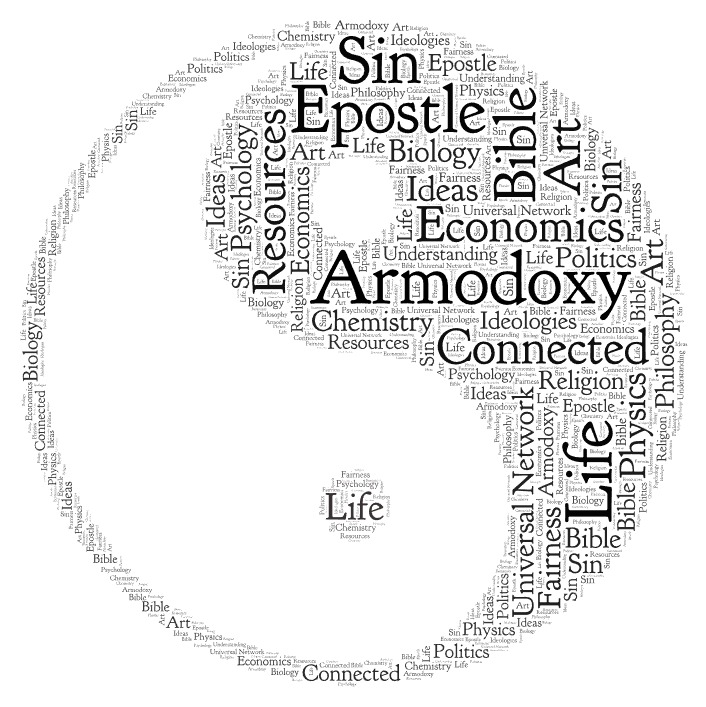Spiritual Maturity
Armodoxy for Today: Spiritual Maturity
The first miracle of Jesus is recorded in the Gospel of St. John, “On the third day there was a wedding in Cana of Galilee, and the mother of Jesus was there. Jesus and his disciples had also been invited to the wedding. When the wine gave out, the mother of Jesus said to him, ‘They have no wine.’ And Jesus said to her, ‘Woman, what concern is that to you and to me? My hour has not yet come.’ His mother said to the servants, ‘Do whatever he tells you.’ Now standing there were six stone water-jars for the Jewish rites of purification, each holding twenty or thirty gallons. Jesus said to them, ‘Fill the jars with water.’ And they filled them up to the brim. He said to them, ‘Now draw some out, and take it to the chief steward.’ So they took it. When the steward tasted the water that had become wine, and did not know where it came from (though the servants who had drawn the water knew), the steward called the bridegroom and said to him, ‘Everyone serves the good wine first, and then the inferior wine after the guests have become drunk. But you have kept the good wine until now.’ Jesus did this, the first of his signs, in Cana of Galilee, and revealed his glory; and his disciples believed in him. (2:1-11)
This is one of those stories that makes for great illustration by Sunday School students for their coloring assignment. The visual is a powerful one, and crayons help accent the clear water transformed to red wine. As a priest, I’ve had many people who have offered me a glass of wine, and thinking they are revealing a great riddle to me, they say, with a snicker, “Go ahead, after all Jesus changed water into wine.” They say it in such a way as if I would not have indulged had Jesus not done this little bit of magic. And sometimes with a wink, they try to imply that Jesus was interested in the inebriating characteristics of the drink.
St. Paul writes, When I was a child, I spoke like a child, I thought like a child, I reasoned like a child; when I became an adult, I put an end to childish ways. (I Corinthians 13:11) Unfortunately, when it comes to religion and issues of faith, often our understanding of God comes from childhood memories of these fascinating and sensationalized miracles of Jesus. The story of Jesus at the wedding in Cana is read in the Armenian Church following the Theophany to bring our attention to the offering made by Christ. It is the steward at the wedding feast who notices first that the wine that Jesus offers is better than any other wine that was served.
Today our call is to take a deeper and more mature understanding of our faith. There are many dimensions to this story that speak to us once we “Put away childish ways.” In fact, many stories have so much more to offer when we can accept the sensational as normal. For instance, when Jesus walks on the water, rather than searching for the stones that might be supporting him, accept that this is the One who created the water, who is lord of the water. Once we do this, then we understand the words that he speaks are from the Author of Life. The words, “Love your neighbor,” “Pray for your enemies,” “Judge not, lest you be judged,” are understood as coming from the Ultimate Source of Life, not only worthy of our attention, but demanding our attention. Armodoxy is the view that the Creator is speaking, and so when He says, “Courage, the victory is mine, I have overcome the world” (John 16:33), it is final and definite.
Let us pray, Lord our God, You changed the water into wine in Cana of Galilee, I pray You, change the doubt to faith in my life. Let me partake of the goodness of the new wine, and accept Your love, to guide and direct me, always. Amen.
17i23/16i24



